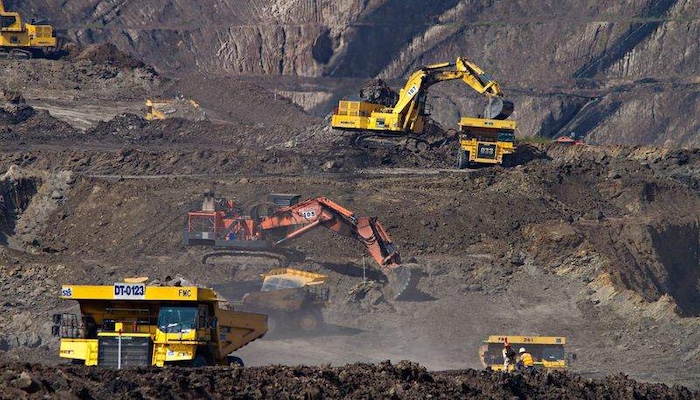
Mali’s government has revoked more than 90 mining exploration permits — including those held by subsidiaries of several international companies — citing widespread non-compliance with new mining regulations.
According to an official decree reviewed by Reuters, the affected companies include local subsidiaries of Harmony Gold, IAMGOLD, Cora Gold, Birimian Gold, and Resolute Mining.
The Ministry of Mines said permit holders failed to meet the updated legal and administrative requirements under Mali’s revised mining laws. The decree, signed by Mines Minister Amadou Keita on October 13, declares that all rights granted by the affected permits are “released,” and the areas are now open for reallocation.
“Permit holders were asked to submit required documentation under new mining rules, but verification revealed widespread non-compliance,” the ministry stated. “Consequently, the government has revoked the permits in accordance with national mining legislation.”
The statement did not specify whether the affected companies would be allowed to appeal or reapply.
The cancelled permits, issued between 2015 and 2022, covered exploration rights for gold, iron ore, bauxite, uranium, rare earth elements, and other minerals. While the decree lists permit numbers and locations, it does not indicate the total land area or financial value of the projects affected.
Cora Gold told Reuters that it had already relinquished the relevant permits more than two years ago and that the delayed cancellation would have no operational impact. Other companies, including Harmony Gold, IAMGOLD, Birimian Gold, and Resolute Mining, did not immediately respond to requests for comment.
A Regional Trend Toward Stricter Oversight
Mali joins a growing number of African countries — including Guinea — that have recently tightened mining regulations, cancelling inactive or non-compliant licenses to boost state revenues and strengthen control over strategic resources.
Mining remains a cornerstone of Mali’s economy, particularly gold production, which accounts for a major share of export earnings. However, the sector has been hit by regulatory reforms, investor uncertainty, and rising insecurity.
Industrial gold output is expected to fall below 2025 projections due to disruptions at Barrick Gold’s Loulo-Gounkoto mine, the country’s largest gold operation.
The military-led government has also deepened its ties with Russia, signing agreements for joint ventures in gold, uranium, and lithium, and a state-backed gold refinery project in Bamako. Additionally, a recent deal covers the supply of 160,000–200,000 metric tons of petroleum and agricultural products to ease fuel shortages caused by Islamist militant blockades that have hampered transport and forced school closures nationwide.



